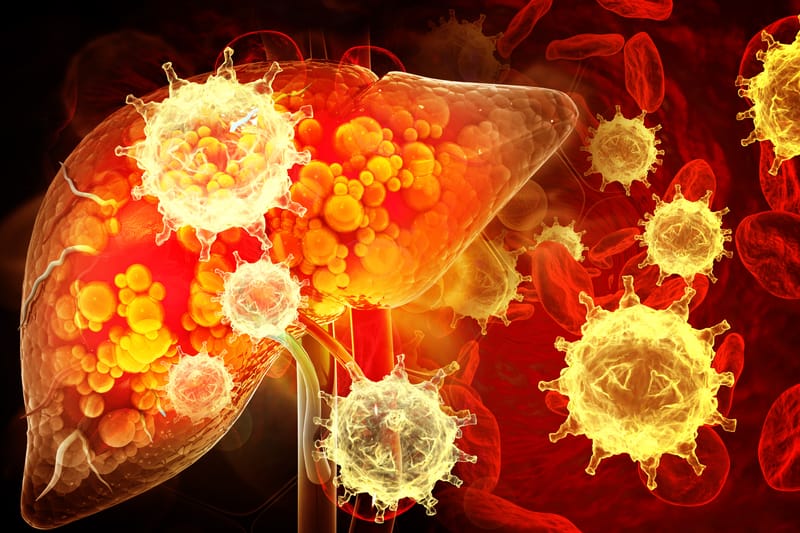Scientists Aim to Identify Blood Proteins for Improved Risk Prediction and Alternative Treatment Choices in Liver Cancer

May 05, 2024
A recent study indicates that blood-detectable proteins could enhance the accuracy of liver cancer risk prediction, a disease often diagnosed in advanced stages with diminished survival rates. Conducted by researchers from Harvard's Beth Israel Deaconess Medical Center and Mass General Brigham, the findings are published in JNCI.
Liver cancer, or hepatocellular carcinoma (HCC), ranks among the top causes of cancer mortality globally, with incidence rates on the rise. Current detection methods frequently identify the disease too late, resulting in limited life expectancy. Presently, effective early detection tools are lacking, often expensive, invasive, or inaccessible outside major medical centers.
Employing proteomics, the study developed a minimally invasive model for early liver cancer diagnosis or screening. Utilizing the SomaScan Assay Kit, a high-throughput proteomics platform, the researchers identified 1,305 potentially relevant blood proteins indicative of early-stage disease.
SOURCE: https://news.harvard.edu/gazette/story/2024/05/getting-ahead-of-liver-cancer/
CREDITS: HARVARD